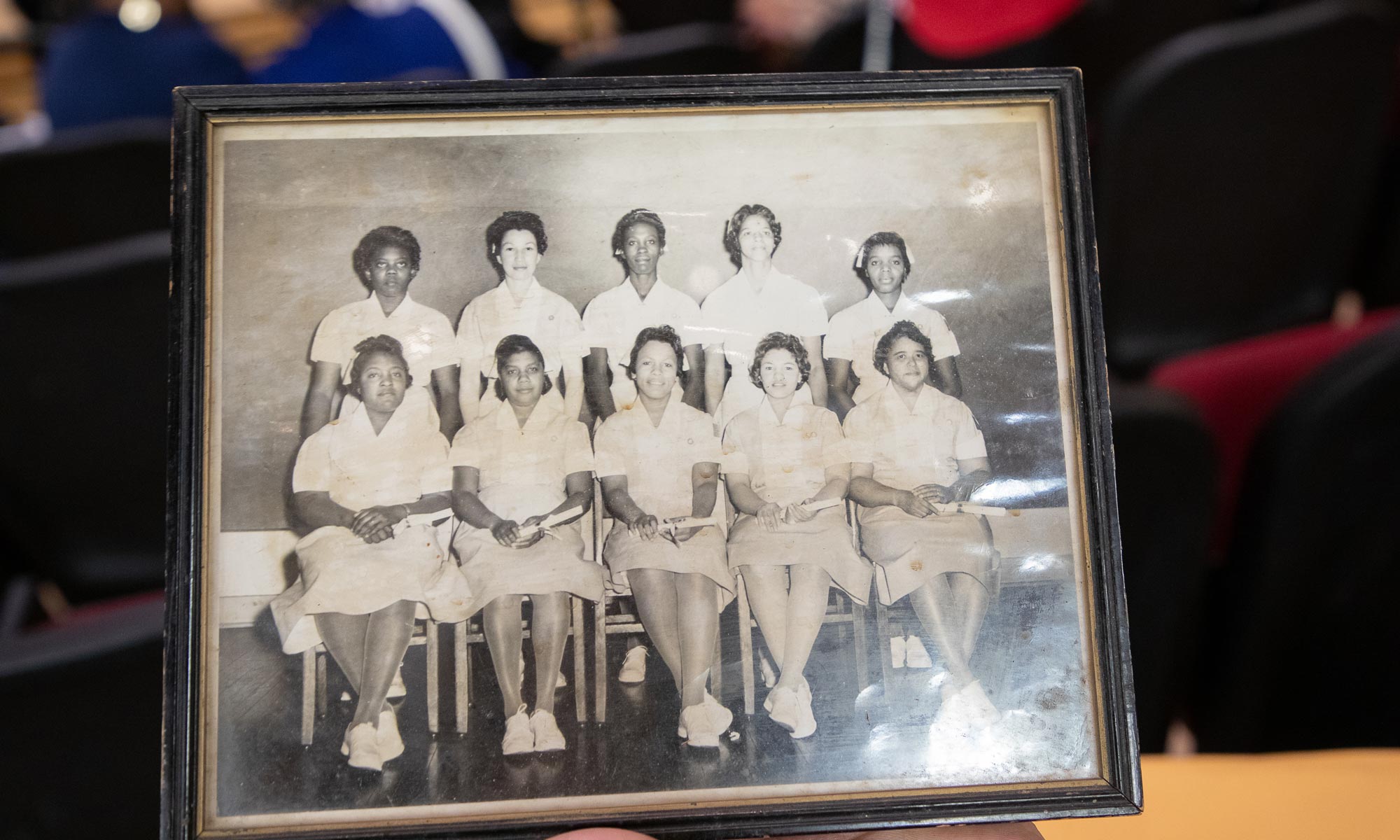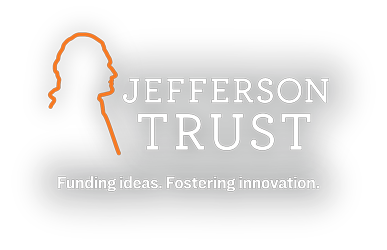 The University of Virginia is the home of a multidisciplinary design research group focused on the arctic region—the first in the US to tackle complicated issues in the region—thanks in part to Jefferson Trust funding.
The University of Virginia is the home of a multidisciplinary design research group focused on the arctic region—the first in the US to tackle complicated issues in the region—thanks in part to Jefferson Trust funding.
A 2014 grant to launch the Arctic Design Initiative, led by Architecture faculty Matthew Jull and Leena Cho, included seed funds to allow students to carry out research, participate in design studios and new course development, and attend the inaugural Arctic States Symposium. Grant funding also helped launch the 2015 symposium. The initiative, now known as the Arctic Design Group, has flourished—securing more than eight additional grants to continue and expand their work.
Recently, in partnership with faculty members Howard Epstein from the Department of Environmental Sciences and Arsalan Heydarian from the School of Engineering and Applied Sciences, the group was awarded an Environmental Resilience Institute CoLab. Promoting Resilience in Arctic Cities & Landscapes will develop an integrated approach to Arctic research, and provide insights that can be used to develop strategies for promoting and ensuring the long-term resilience in the Arctic. Out of this CoLab, the team launched a 3 day symposium “Bridging Science, Art, and Community in the New Arctic” with a large grant from the National Science Foundation (NSF).
The Environmental Resilience Institute is another Jefferson Trust success story. In 2015, the Trust provided a grant to launch a fellowship program “Developing Future Leaders in Sustainability and Resilience.” The successful research collaborations spawned through this award were demonstrative of the potential and rationale for a pan-university research institute devoted to environmental resilience. With Professor Karen McGlathery’s leadership, this institute came into being in May 2017 through a competitive proposal process that featured the interdisciplinary fellowship model developed through the grant project.









 Hanson Slaughter (COM ’94) joined the Jefferson Trust (the “Trust”) in the 2017-2018 academic year. The impetus for Hanson joining the Trust dates back to his undergraduate years when he approached Alumni Hall for a loan for one of his extracurricular activities. After a meeting with several people regarding the nature and use of the loan, Alumni Hall funded the request, which Hanson ensured was paid back prior to graduation.
Hanson Slaughter (COM ’94) joined the Jefferson Trust (the “Trust”) in the 2017-2018 academic year. The impetus for Hanson joining the Trust dates back to his undergraduate years when he approached Alumni Hall for a loan for one of his extracurricular activities. After a meeting with several people regarding the nature and use of the loan, Alumni Hall funded the request, which Hanson ensured was paid back prior to graduation.
